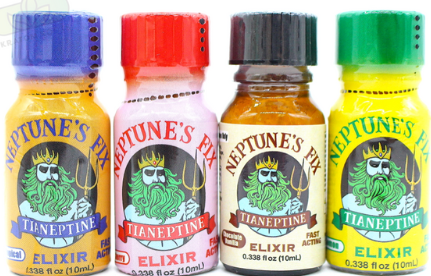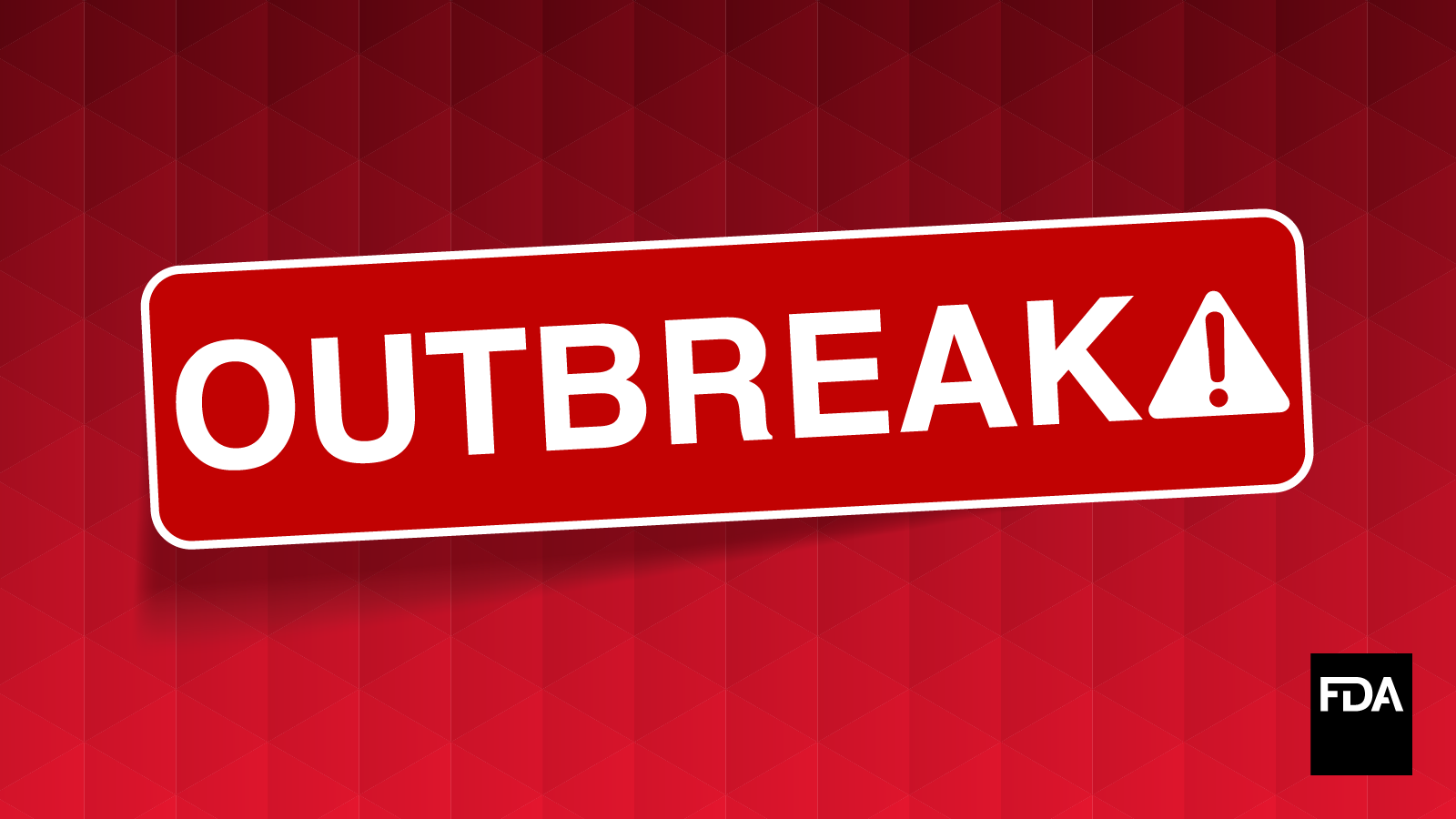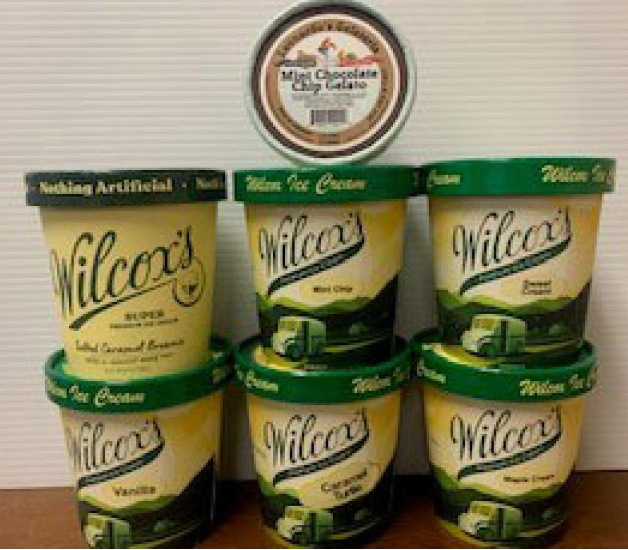The FDA is warning consumers not to purchase or use any Neptune’s Fix products or other products with tianeptine. Tianeptine is a potentially dangerous substance that is not FDA-approved for any medical use but is illegally sold with claims to improve brain function and treat anxiety, depression, pain, opioid use disorder, and other conditions. FDA has received severe adverse event reports after the use of Neptune‘s Fix products, including seizures and loss of consciousness leading to hospitalization. Neptune Fix’s labels state the product contains tianeptine but may contain other harmful ingredients not listed on the label. Like other tianeptine products, these products can be purchased online and at gas stations, vape or smoke shops, or other locations. FDA is testing these products and will provide more information as it becomes available. @ https://www.fda.gov/drugs/drug-safety-and-availability/fda-warns-consumers-not-purchase-or-use-neptunes-fix-or-any-tianeptine-product-due-serious-risks?utm_medium=email&utm_source=govdelivery



